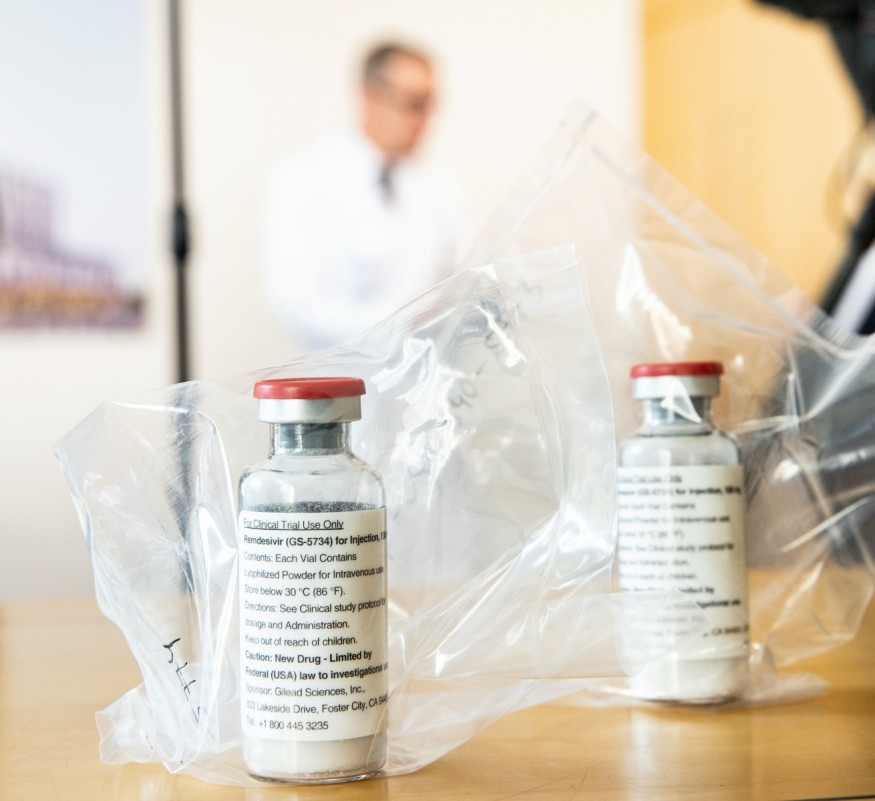
Canadian scientists revealed in a study of how remdesivir, a direct-acting antiviral drug, provides efficiency in terminating the replication of SARS-CoV-2.
Calvin Gordon, along with his colleagues, was able to determine that the coronavirus depends on the viral RNA-dependent RNA polymerase for its replication. This, they have discovered, was likely the target of remdesivir.
In previous studies, remdesivir demonstrates broad-spectrum antiviral activity against RNA viruses such as Ebola and MERS-CoV. Scientists have found that delayed chain-termination is the drug's credible mechanism of action in combating the said viruses.
In their study, the researchers incorporated an active component of the coronavirus to the triphosphate form of the drug. The result of the process was the termination of the virus' replication in a particular position.
The study was published in the Journal of Biological Chemistry early in April.
Remdesivir is on a Roll
Remdesivir, Gilead Sciences' candidate drug for coronavirus, is continuing to show favorable results in its trials so far. Recently, the company's stocks jumped by over 16% in overnight trading, with shares still up over 10% when the markets opened.
In the trial's third phase, 125 patients were given the drug; 113 of which were severely ill. The majority of the patients were discharged within a week, and only two died. Some of the patients with severe coronavirus were even able to come off of their mechanical ventilators in a few days after infusion of the drug.
Timothy Sheahan, from the University of North Carolina, Chapel Hill, said that the drug could potentially help as a therapy to make people's disease less severe, and save lives for patients who are hospitalized. He added that it could be used prophylactically for hospital workers and perhaps even in the community to limit the virus's further spread.
Daniel Day, Gilead's CEO, says that the company hopes to produce more than 500,000 treatment courses by October, and more than one million by the end of the year.
Many are eagerly waiting for the final results of Gilead's trials, as positive outcomes would likely lead to quick approvals by the Food and Drug Administration as well as other regulatory agencies. As long as remdesivir proves to be safe and effective, it could be the first approved treatment for COVID-19.
Background Check on Remdesivir
Remdesivir was one of the first drugs to be pinpointed as a possible treatment for coronavirus. Together with anti-malarial drug hydroxychloroquine, it was one of two drugs that President Donald Trump called "very exciting."
It was initially developed to treat Ebola more than ten years ago. It's known to be generally safe in humans and is supported by a large body of preclinical research, and several studies have shown it stops SARS and MERS, the viral cousins of COVID-19.
Remdesivir is formed to slow the infection of healthy cells by closing off viral replication. It checks the ability of an invading virus to allow the body's cellular gear to reproduce itself.
In scientific terms, it's known as a nucleotide analog, which mimics a genetic building block, but with a significant molecular group bound to it. As the invading virus tries to replicate itself, the drug gets in the way and halts the process.












